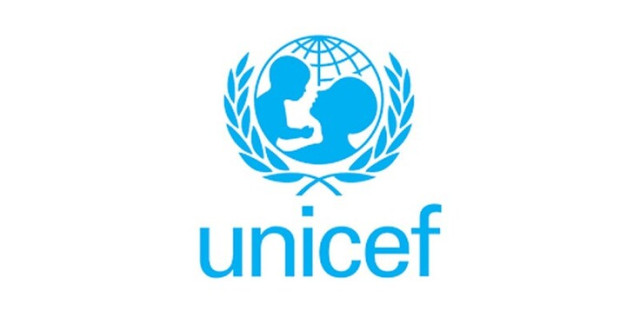The United Nations Children’s Fund (UNICEF) has sounded the alarm over the escalating number of out-of-school children in Nigeria, which has now reached a staggering 18.3 million.
This distressing statistic positions Nigeria as the country with the highest number of out-of-school children globally, according to the Chief of the Bauchi Field Office, Dr. Tushar Rane.
Speaking during a two-day Regional Stakeholders Engagement Meeting in Gombe on Out-of-School Children and Retention, Transition, and Completion Models in Bauchi, Gombe, and Adamawa states, Dr. Rane highlighted the pressing issue of Nigeria's out-of-school children.
"Unfortunately, this positions Nigeria with the challenge of having the largest number of out-of-school children globally," lamented Dr. Tushar Rane.
Expressing further concern, Dr. Rane noted that only 63% of primary school-age children regularly attend school, indicating a worrisome decline.
He emphasized that only 84% of children transition to junior secondary education after completing primary school, highlighting the pervasive dropout rates across all genders at the primary level.
Dr. Rane attributed this concerning trend to various factors, including inadequate evidence-based policies, limited budget allocation, teacher and classroom shortages, poor infrastructure, cultural norms, health and safety concerns, and child labour.
In response to this critical challenge, UNICEF has teamed up with the Universal Basic Education Commission to develop the "National Framework of Action to Reduce the Number of Out-of-School Children in Nigeria" and the "Retention, Transition, and Completion Model."
During the two-day meeting, UNICEF aims to devise models aimed at reducing the number of out-of-school children and enhancing the retention, transition, and completion of adolescents in secondary schools.
"I envisage that after this meeting, we will have clear, targeted, and state-specific strategies that will further ensure that we reduce the rate of out-of-school children and enhance retention, transition, and completion," Dr. Rane emphasized, underscoring the urgency of addressing this pressing issue.




















